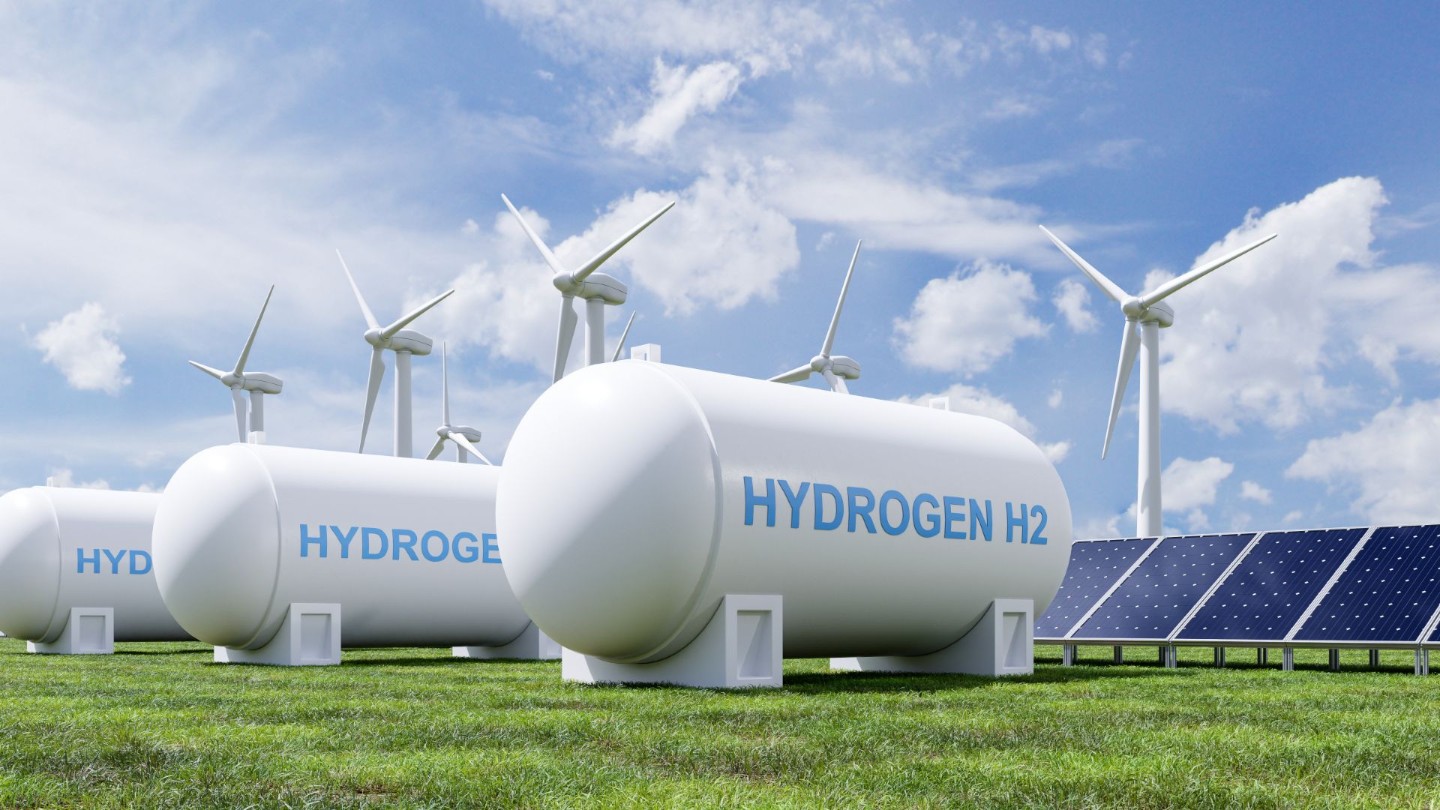Public-private partnerships (PPPs) are playing a vital role in Brazil’s infrastructure development, particularly in the transportation sector. One of the most successful examples of these partnerships is the collaboration between the Brazilian government and CCR, a leading infrastructure company, to modernize and expand the country’s highway network. In 2024, this partnership is focusing on improving road safety, increasing efficiency in transportation, and addressing the growing demand for better connectivity across Brazil.
Modernization of Key Highways
Through its partnership with the government, CCR has been awarded contracts to manage and upgrade some of Brazil’s most important highways. One of the most notable projects is the modernization of the Presidente Dutra Highway, which connects São Paulo and Rio de Janeiro. This highway is a critical artery for the Brazilian economy, facilitating the movement of goods and people between two of the country’s largest cities. CCR’s involvement includes expanding lanes, improving road safety features, and implementing smart highway technologies to monitor traffic and reduce congestion.
Smart Infrastructure and Technological Innovations
As part of the partnership, CCR is introducing cutting-edge technology to improve highway infrastructure. The company is implementing intelligent transportation systems (ITS), which include real-time traffic monitoring, automated toll collection, and advanced weather detection systems. These innovations are designed to improve road safety, reduce traffic congestion, and optimize maintenance schedules. The government’s collaboration with CCR ensures that Brazil’s highways are not only expanded but also modernized to meet global standards for efficiency and safety.
Economic Impact and Job Creation
The partnership between CCR and the government is expected to have a significant economic impact. The infrastructure projects under CCR’s management are creating thousands of jobs in construction, engineering, and maintenance. Additionally, improved highway infrastructure reduces transportation costs and travel times, boosting productivity and economic growth in regions that rely heavily on road transportation. The investments in highway modernization are also expected to attract foreign investment, further contributing to Brazil’s economic development.
Sustainability Initiatives
Sustainability is a key focus of the partnership between CCR and the government. The highway projects are designed with environmental considerations in mind, including reducing carbon emissions through the use of energy-efficient lighting and promoting sustainable construction practices. CCR is also exploring the integration of electric vehicle (EV) charging stations along major highways to support the transition to cleaner transportation in Brazil.
Conclusion
The public-private partnership between CCR and the Brazilian government is revolutionizing the country’s highway infrastructure. By leveraging CCR’s expertise in infrastructure development and the government’s commitment to improving transportation networks, the partnership is addressing Brazil’s growing need for modern, efficient, and sustainable highways. As these projects continue to unfold, the collaboration is expected to enhance connectivity, boost economic growth, and improve the overall quality of Brazil’s transportation system.



